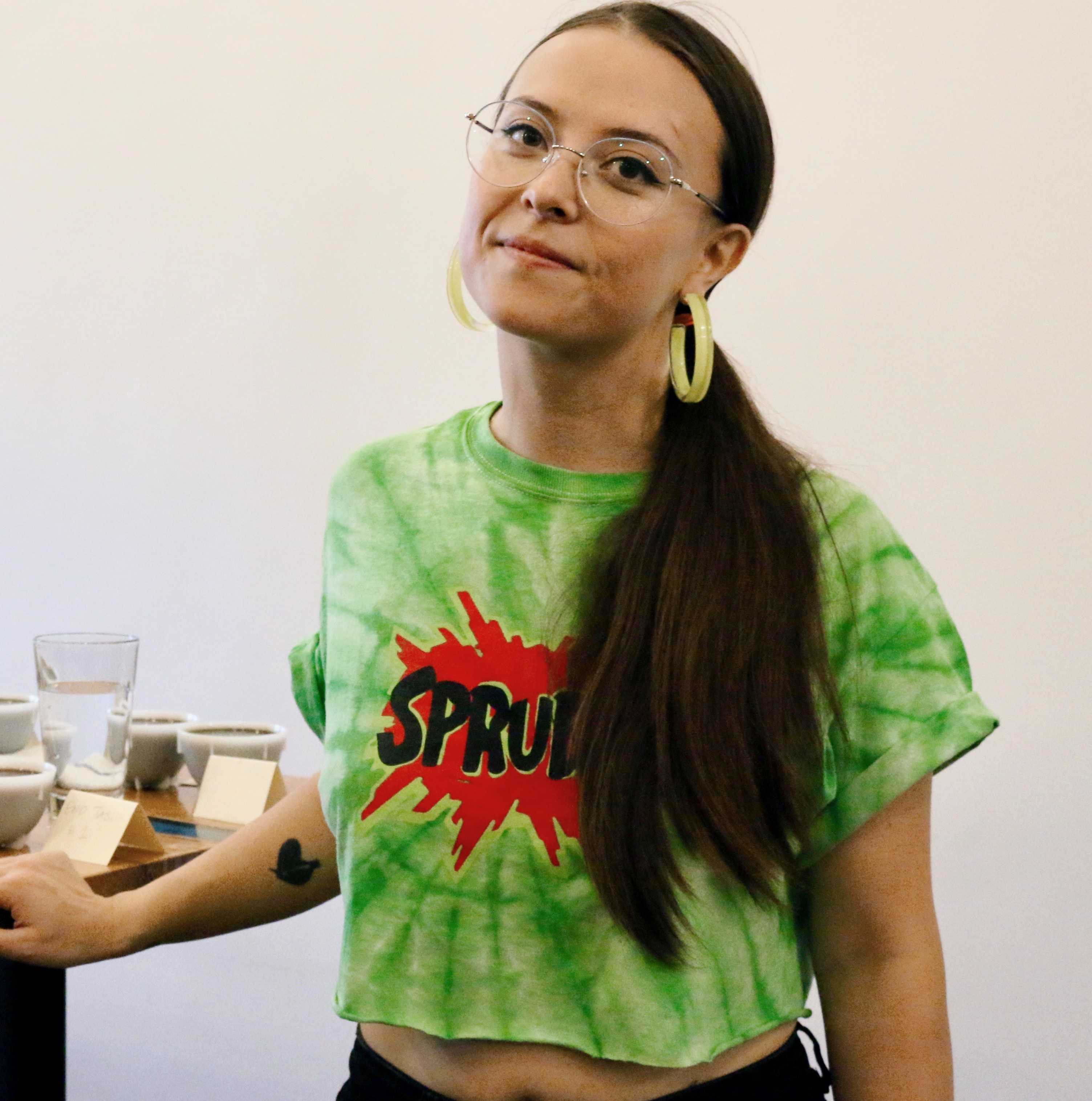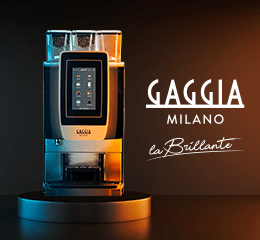MILAN – We have spoken directly with Umeko Motoyoshi, founder of the coffee sustainability platform @wastingcoffee and author of The @WastingCoffee Guide To Not Wasting Coffee. She’s also an inaugural member of the 2019 Sprudge Twenty and 2018 recipient of Sprudge’s Outstanding Achievement in the Field of Excellence Award. She began her career as a barista. Currently she’s a full-time coffee writer, educator, and entrepreneur.
Umeko, first of all a “simple” question: what does coffee mean to you?
“Coffee is wild! Coffee is an incredibly luxurious product. It’s wild to me that I can just – drink coffee. And it’s delicious! I’ve been drinking coffee my whole life and I still can’t believe how delicious it is. I actually don’t talk about how much I love coffee because usually it weirds people out lol.
But like! People grew this coffee and picked it and processed it and shipped it and roasted it and put it in a bag and then took it out of the bag and ground it up and brewed it and put it in a cup and I just stood here doing nothing and now I get to drink it, and it’s delicious?? I don’t think anyone should take that for granted.”
When andh why did Umeko decide to make it your professional life?
“When I was about 26 i realized there just wasn’t anything else I wanted to do for a living. Nothing else sounded good to me. Sometimes I hate working in coffee but I think that’s healthy. Coffee is just endlessly interesting because it’s so vast and the value stream is so complex, and there are so many problems. There’s never like – a stopping point, where you have all the answers and you’re done. I like to think about things and I like to learn, so I keep working in coffee. And also, it’s delicious.”
How do you communicate this beverage?
“When I talk about coffee, I like to keep it straightforward. I want to make the most sense to the most people. That’s more important to me than sounding academic. I care a lot about coffee and I care about what I say, so I try to just make sense when I talk! I use humor when it makes sense. Not everything is funny but some things are.”
What is Umeko’s main goal to stress and share on this matter?
“I started the Instagram account @wasting coffee because I really wish that people didn’t take coffee for granted. In the Global North, specialty coffee professionals sometimes act like coffee is a limitless resource. And maybe not recognize how much work goes into producing it.
In the US at least, a lot of coffee professionals will treat an 84-point washed coffee like it’s almost worthless. Which is completely mind-boggling to me. Because an 84-point washed coffee, when it’s fresh and it’s roasted nicely, is objectively delicious to any coffee drinker! And it takes a ton of labor and expense to produce that coffee. It’s truly a luxury product.
I just want more people in the Global North to acknowledge that specialty coffee is an incredibly valuable product, to stop wasting it and start treating it like it’s precious, because it is!”
What are the feedbacks from the coffee community? Are there may young among your followers?
“The feedback has been overwhelmingly positive. A lot of people care about these things, a lot of people want to see the coffee industry shift its practices. There are a lot of younger people following @wastingcoffee but it’s a range of ages and roles within the coffee industry.”
Umeko even wrote a book: can you talk about it?
“I wrote a book called Not Wasting Coffee. The book is written to help cafes and roasteries save money and make tastier drinks by using coffee more efficiently.
I wanted it to be very accessible, practical and fun – and I think I succeeded in that, because so many people share about ideas they’ve gotten from it, or ways that they feel empowered by it. That makes me really proud. And it won the Sprudge award for Best Coffee Writing!”
Was it difficult for you to be a women (and also so young) in this sector?
“It was very hard for a very long time. I started at a shop that had lots of women in leadership, but I didn’t see a path for myself outside of this one coffee shop – I only saw dudes being successful. Then I finally moved to another company, and the environment there was so misogynistic it was scary. I felt like my value depended on how pretty the men thought I was, and not just pretty but compliant and smiling and willing to put up with sexual harassment.
After I left I co-organized a multi-complainant sexual harassment lawsuit against them. The lawsuit was actually very important because it made people start talking about sexual harassment in the coffee industry – which was never a conversation before.
It’s been two years now and there’s a lot more awareness but there’s still a long way to go. Eventually started my own business because I just couldn’t work in male-dominated environments anymore. Even well-intentioned men would treat me so differently from my male colleagues, and it was exhausting.
I’ve worked in coffee for 14 years now. I’m trying my best to build my business and just be visible as who I am because I want to create alternative structures. I want women and gender minorities to thrive and be themselves, and not feel pressured to act a certain way just to survive at their job. I’m still figuring it out but that’s what’s important to me.”
Often the communicative part is considered a “thing for girls”: do you agree? Or is it another stereotype according to your point of view?
“I definitely agree with that. People get split into binary genders at such a young age, and raised so strictly with these constructed roles. One group is taught to value communication, socialization, and empathy. And the other group is taught to devalue those things in certain ways. So we end up as adults thinking it’s the women’s job to teach and communicate. Like women naturally should just do that. But that’s very constructed. Anyone can communicate if they are taught how to do it. All kids should be taught those skills and all adults should value and practice them.”
Do you think that there are many differences between the italian network and the Usa one?
“I don’t know the Italian network well enough to compare! From what Italian coffee pros have told me, specialty coffee is a little newer to Italy so I would imagine the network might be more tight-knit. I’d love to learn more about it!”
What about your future projects?
“In addition to @wastingcoffee, I also have a cupping spoon business where I sell rainbow cupping spoons. So I’m working on a book about cupping!”














